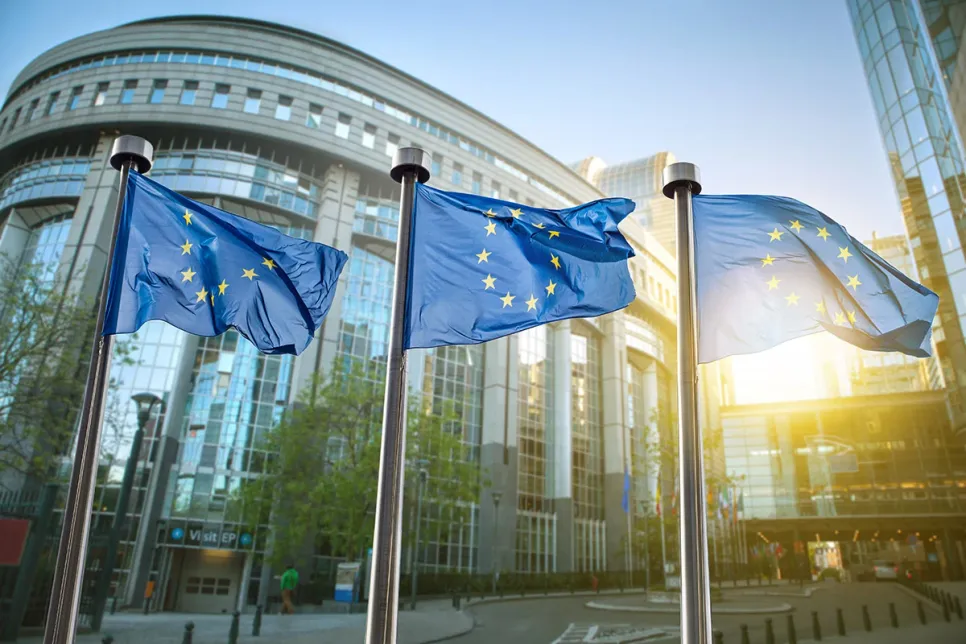Judge Sides with AT&T Against T-Mobile
A US federal judge sided with AT&T by issuing a temporary restraining order against T-Mobile US.

Netflix, Amazon and other video-on-demand services will have to ensure that at least 30 percent of their catalogs are made of up Europe-made content, under new EU rules, according to Bloomberg.
EU lawmakers voted to adopt the policy to modernize audiovisual media legislation in an age where people are watching more TV shows, movies and media clips online, on-demand and from their mobile devices. The legislation, which could also require online platforms to help finance Europe-made films and TV, still needs to be rubber-stamped by EU member states. Following that, countries will have roughly two years to incorporate the legislation into national laws.
Some of the largest platforms already offer a large supply of European content but will have to boost that offering to meet the new rules. Any new shows and films will have to be matched with European ones in order to maintain the 30 percent quota level. Local content will also be required to be given good visibility and placement on the platforms, in accordance with the rules.
Despite the requirements for the companies, the new EU rules could prove to be good for business. It’s also important for on-demand providers as the companies seek to expand internationally. Local-language programming resonates with audiences and is often more popular with advertisers than imported shows, analysts have said.
Netflix this year is doubling its European programming budget to $1 billion; Amazon will soon have at least a dozen original series from Europe, up from one in 2014. The investment by the streaming platforms has in turn pushed broadcasters in Britain, France, Germany, and Italy to set aside rivalries to co-produce programs or offer shows online.
Under the new EU rules, member states will also be allowed to require on-demand platforms to help finance the production of European content, for instance through levies paid into national funds, with the level of contributions based on the revenue the company collects in that country. Some member states like France already implement a so-called culture tax, which is paid by movie theaters, broadcasters, and internet service providers in the country.